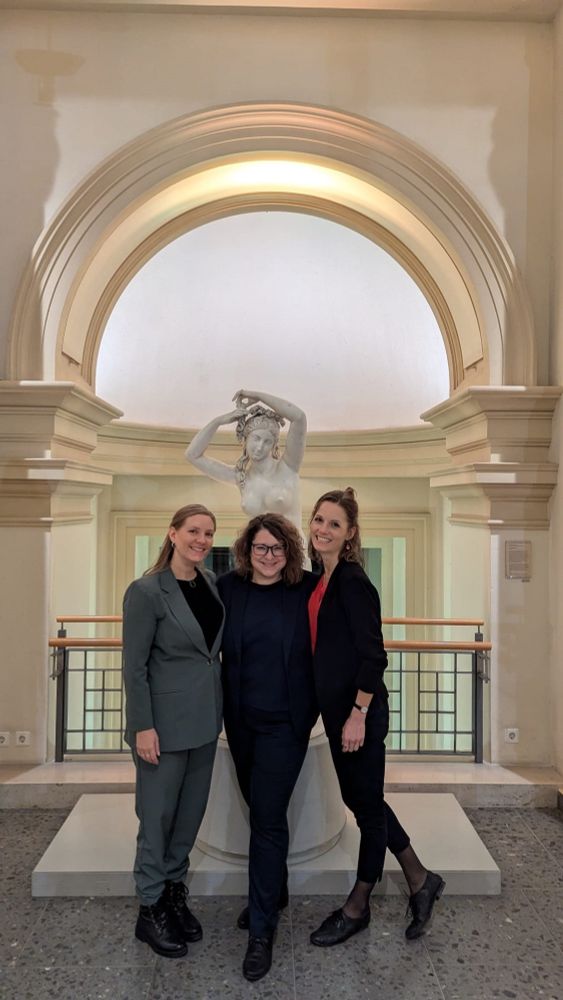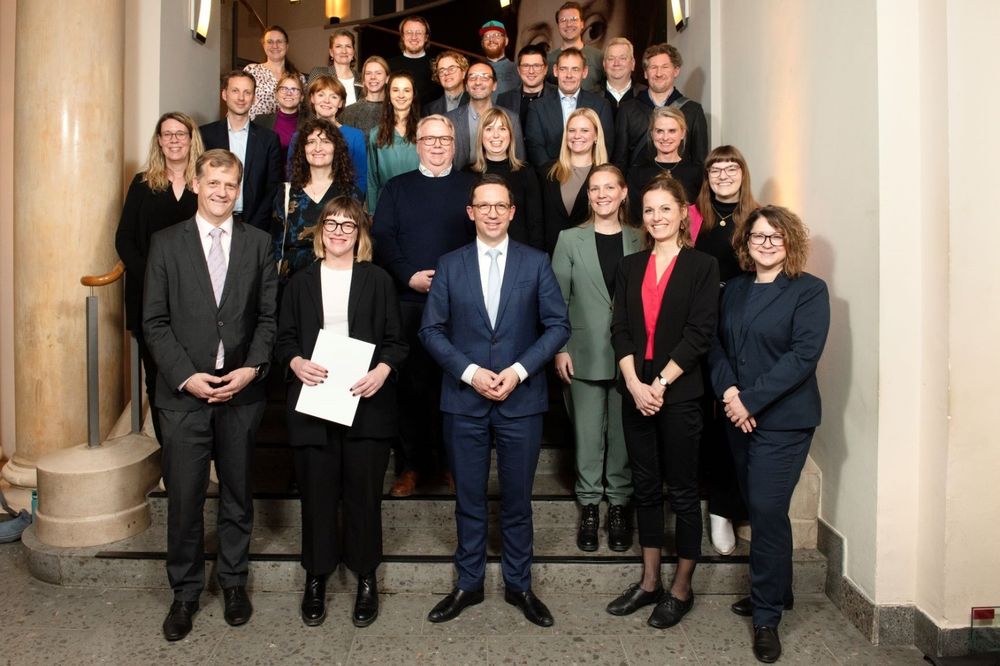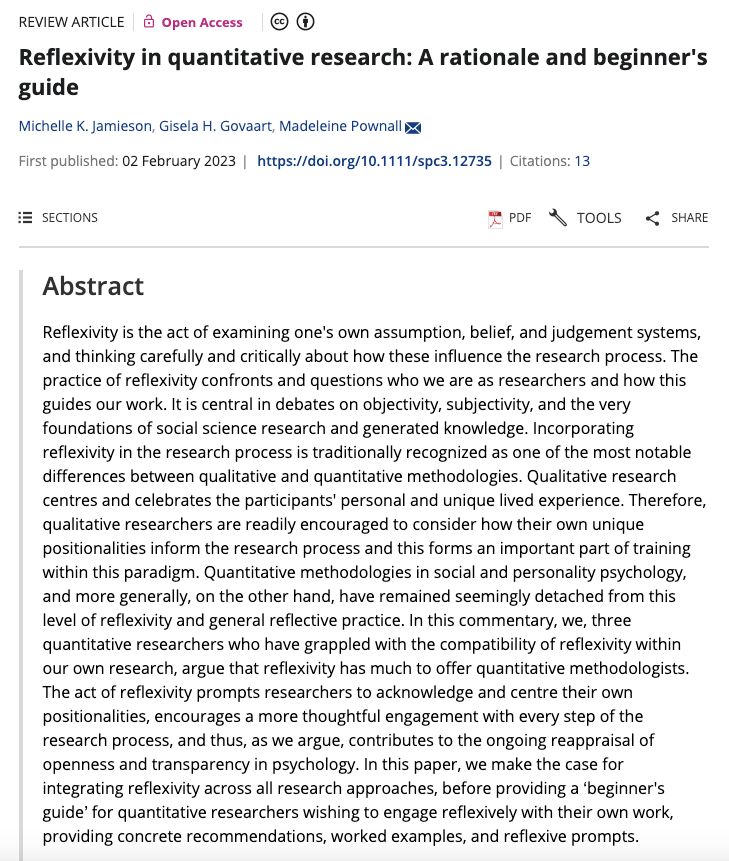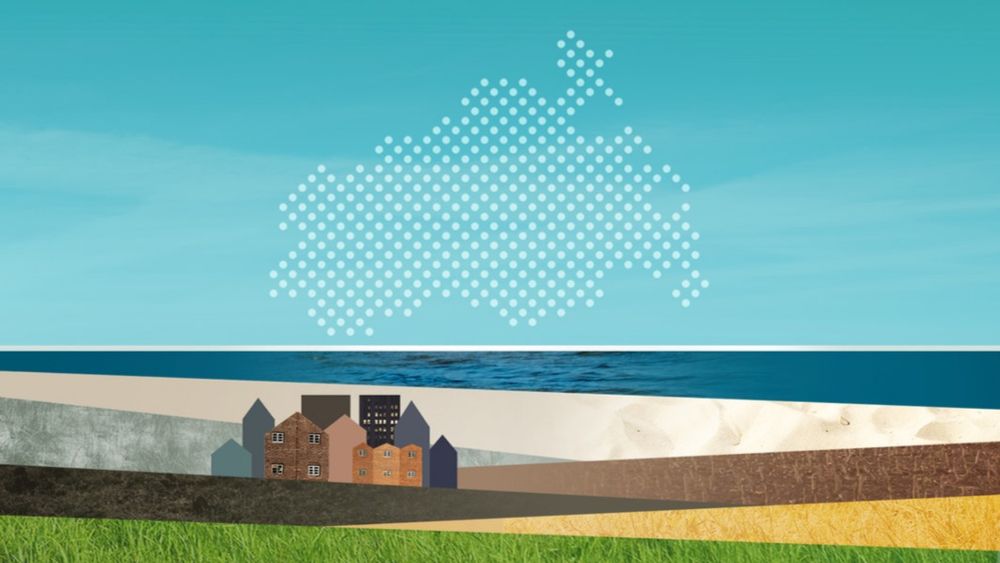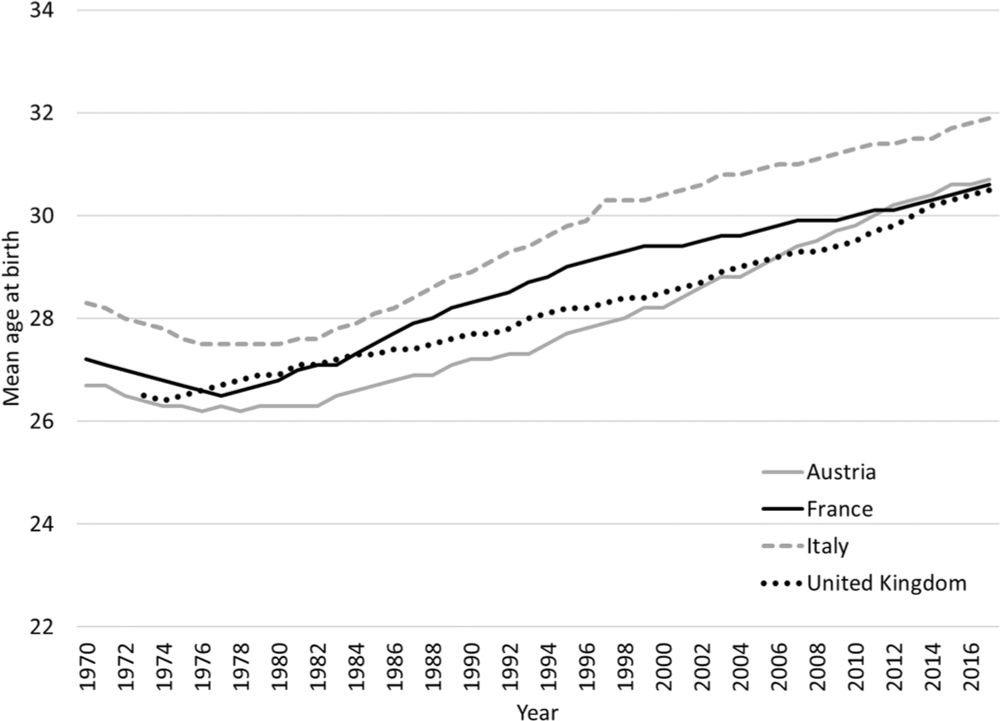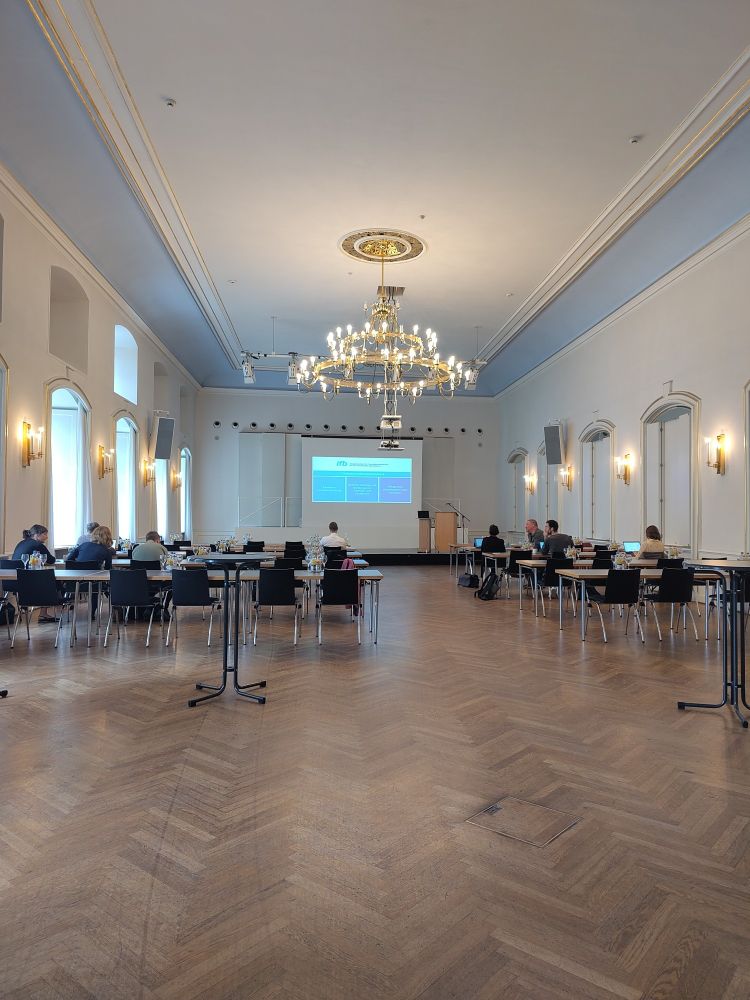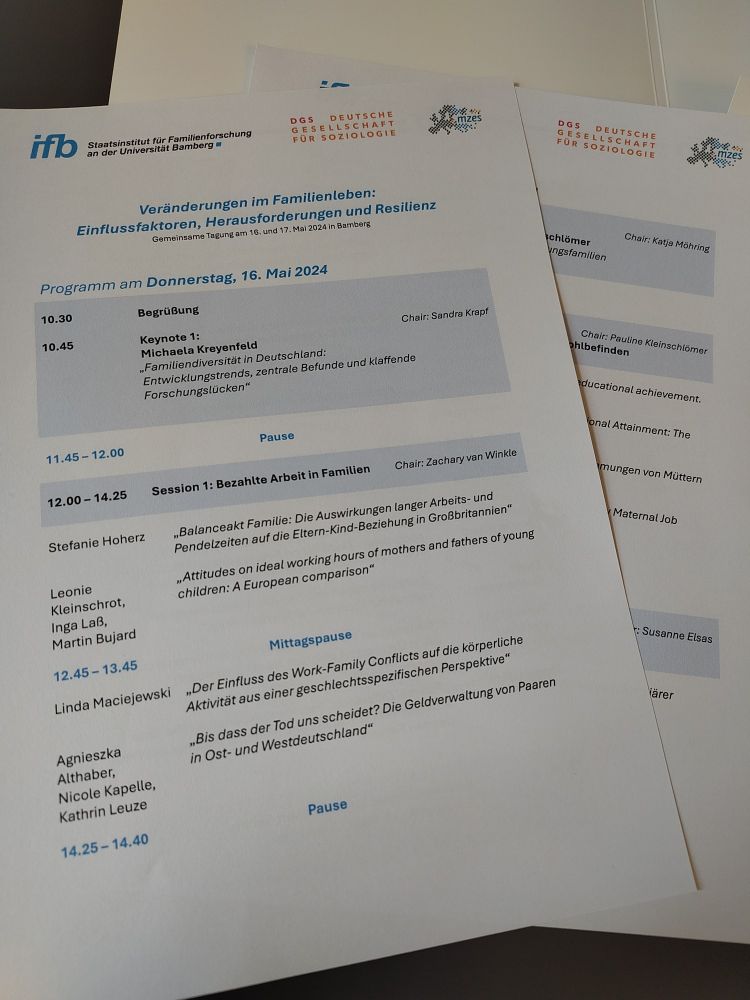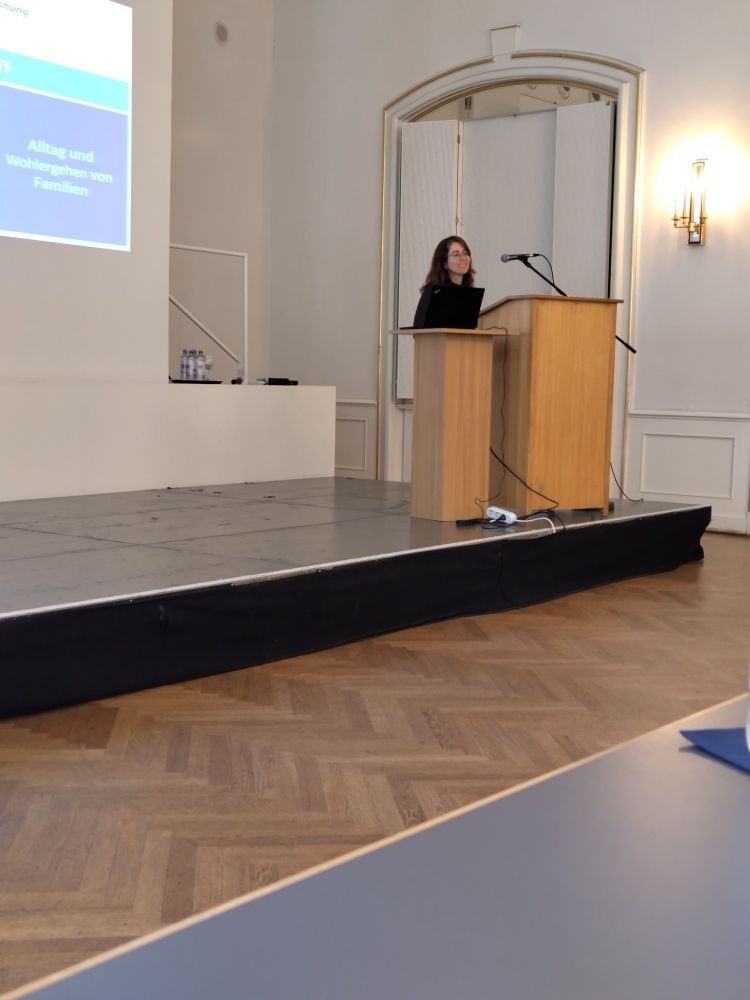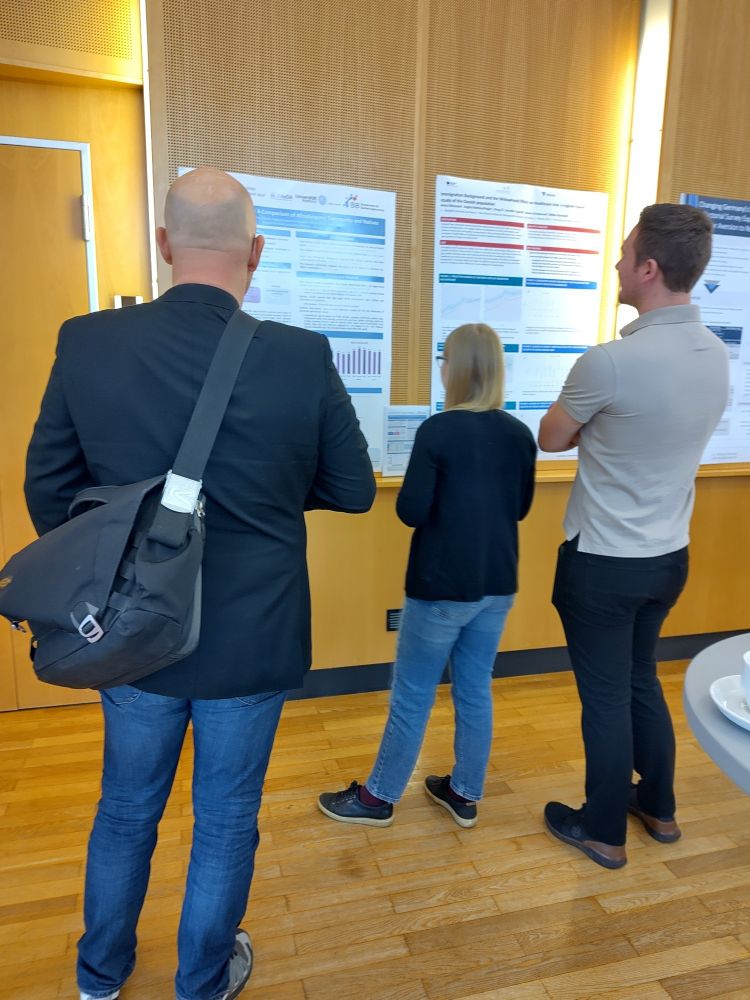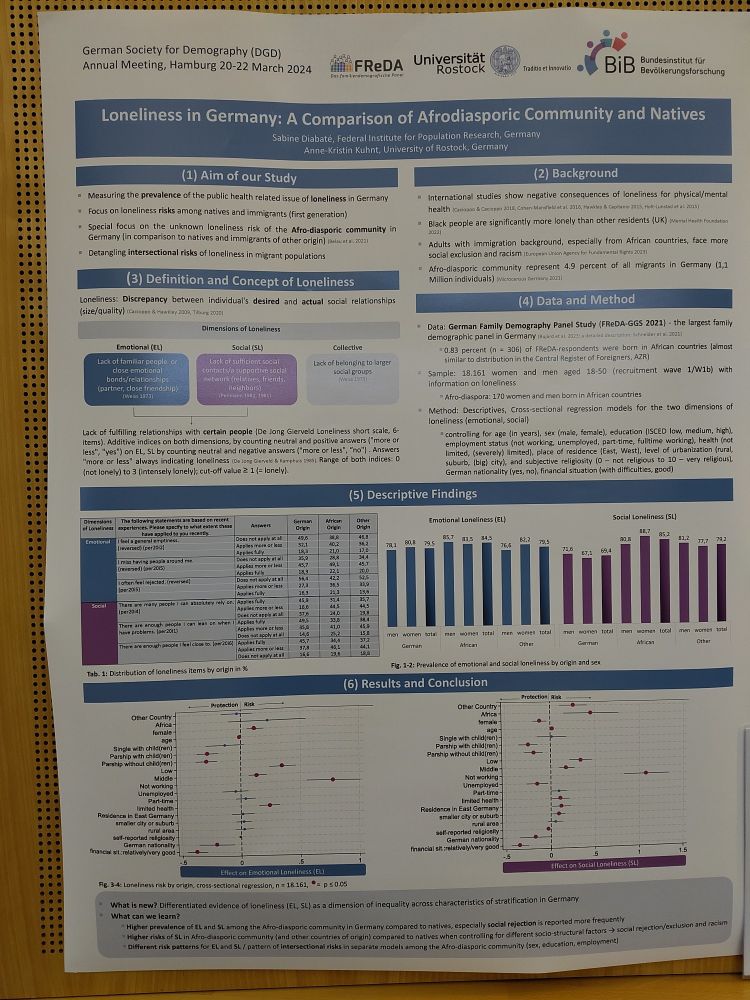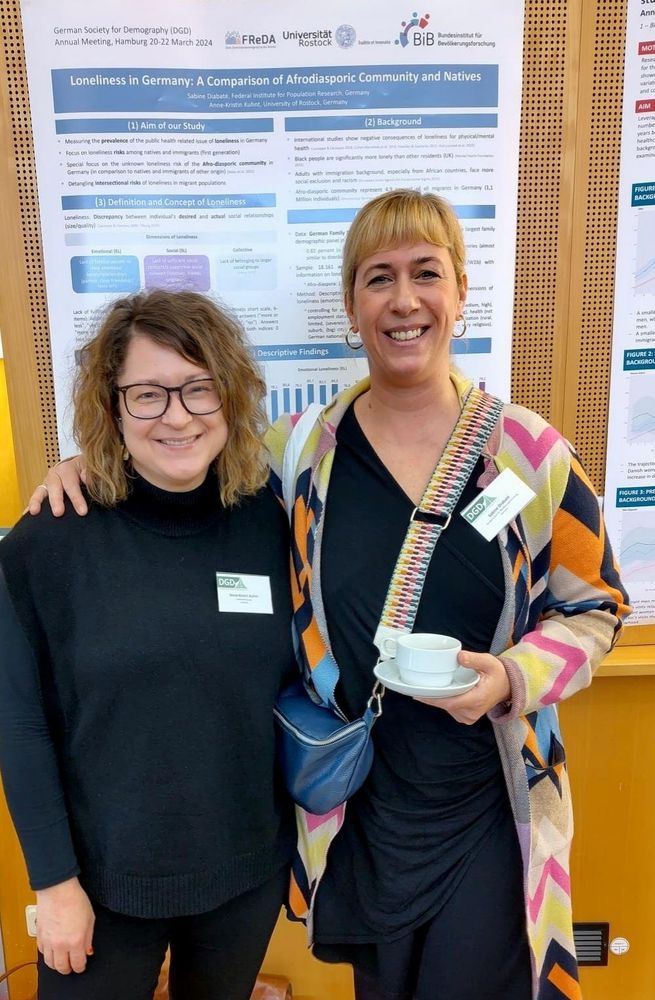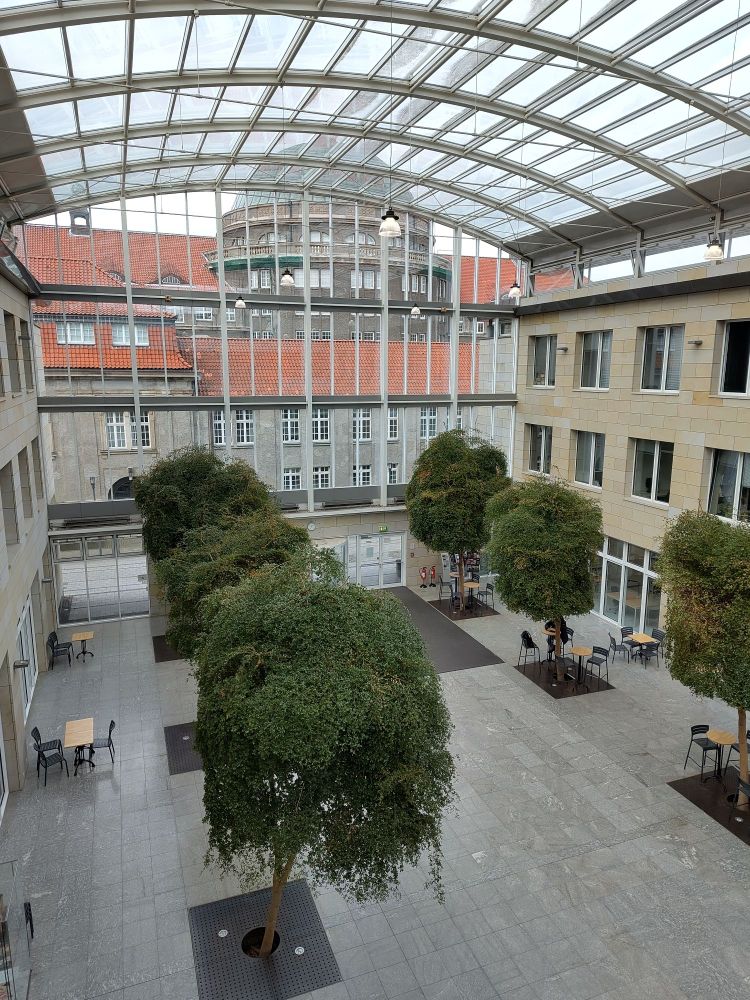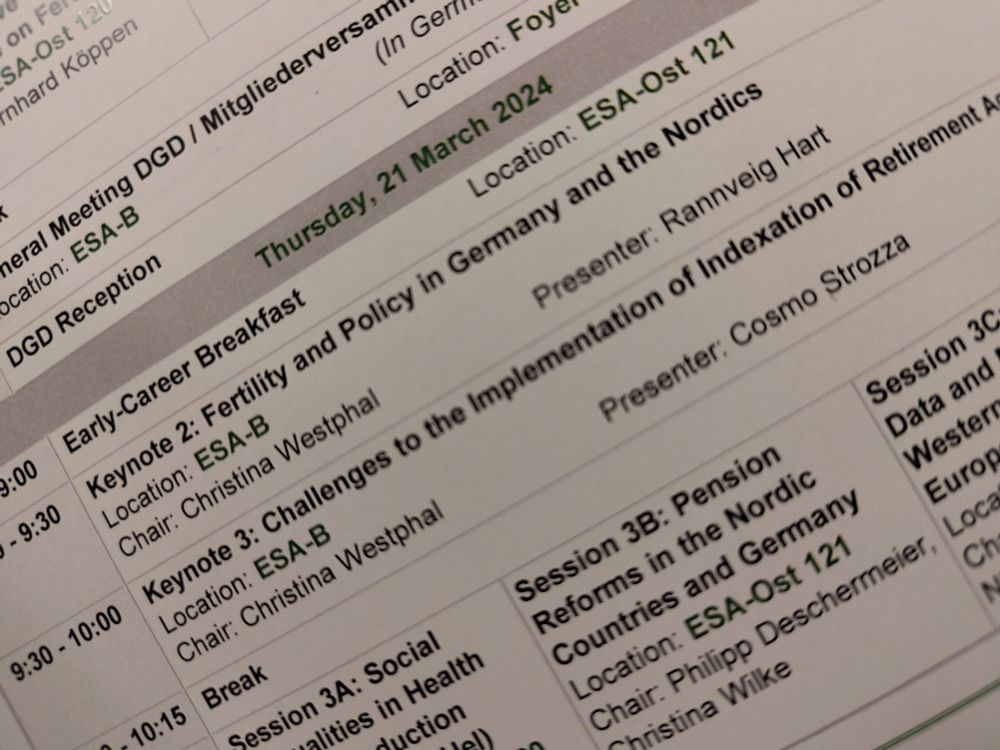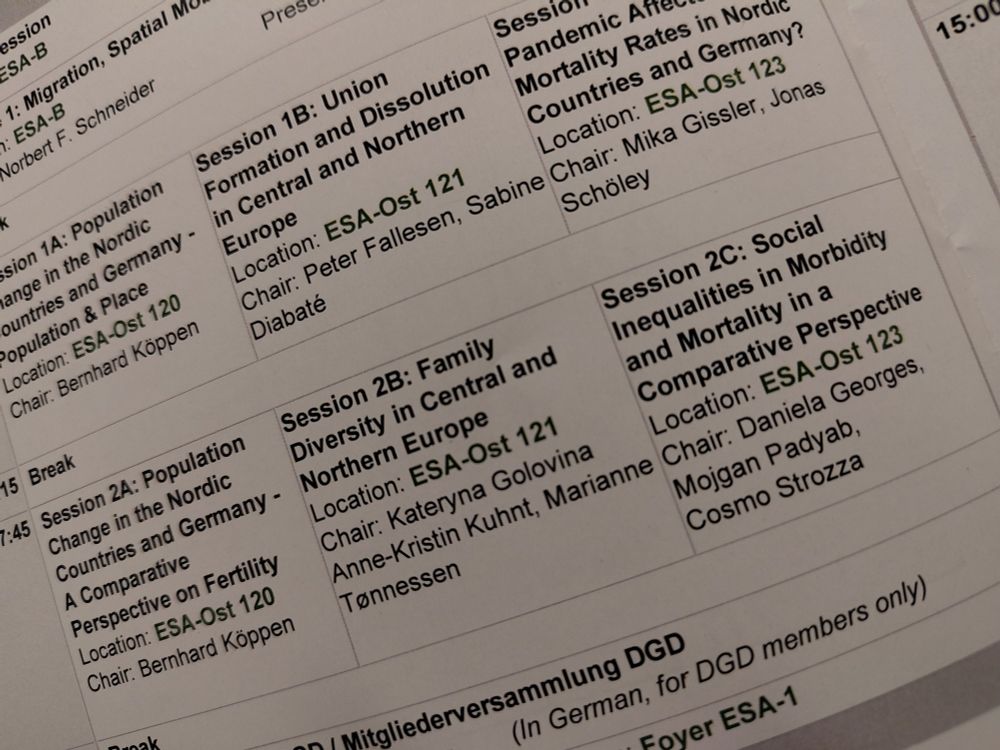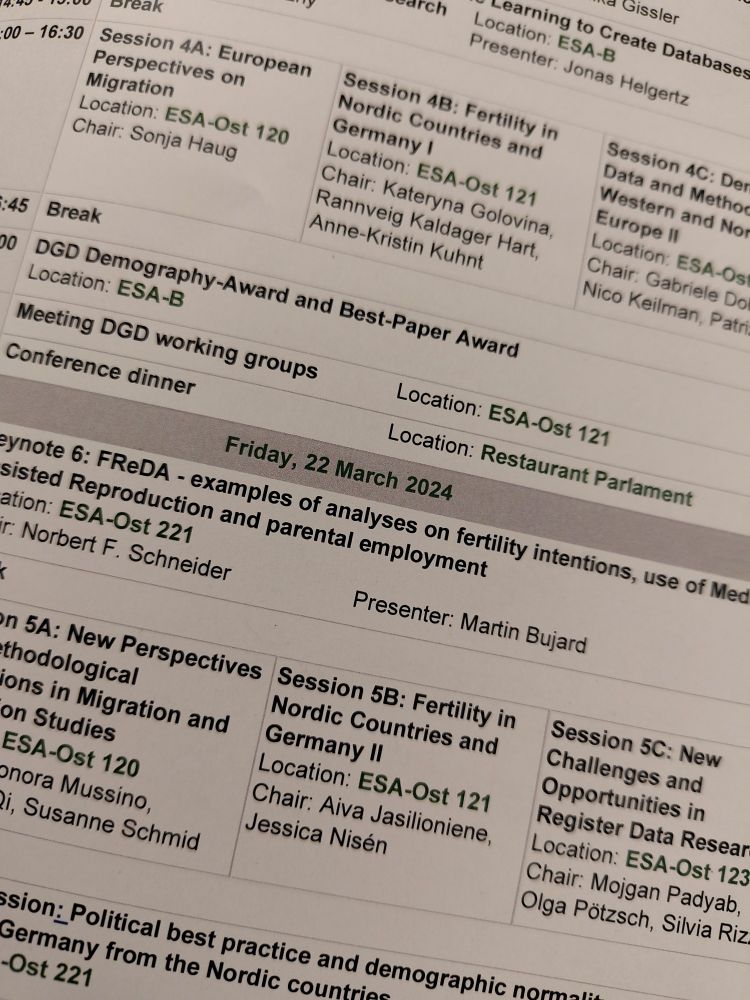Anne-Kristin Kuhnt
@akkuhnt.bsky.social
460 followers
390 following
17 posts
sociologist & social demographer @unirostock
keen on family | #fertility | medically assisted reproduction #ivf | #migration | integration | tweets in 🇬🇧/🇩🇪
Posts
Media
Videos
Starter Packs
Anne-Kristin Kuhnt
@akkuhnt.bsky.social
· Dec 10
Anne-Kristin Kuhnt
@akkuhnt.bsky.social
· Dec 10
Anne-Kristin Kuhnt
@akkuhnt.bsky.social
· Dec 10
Reposted by Anne-Kristin Kuhnt
Anne-Kristin Kuhnt
@akkuhnt.bsky.social
· Mar 25
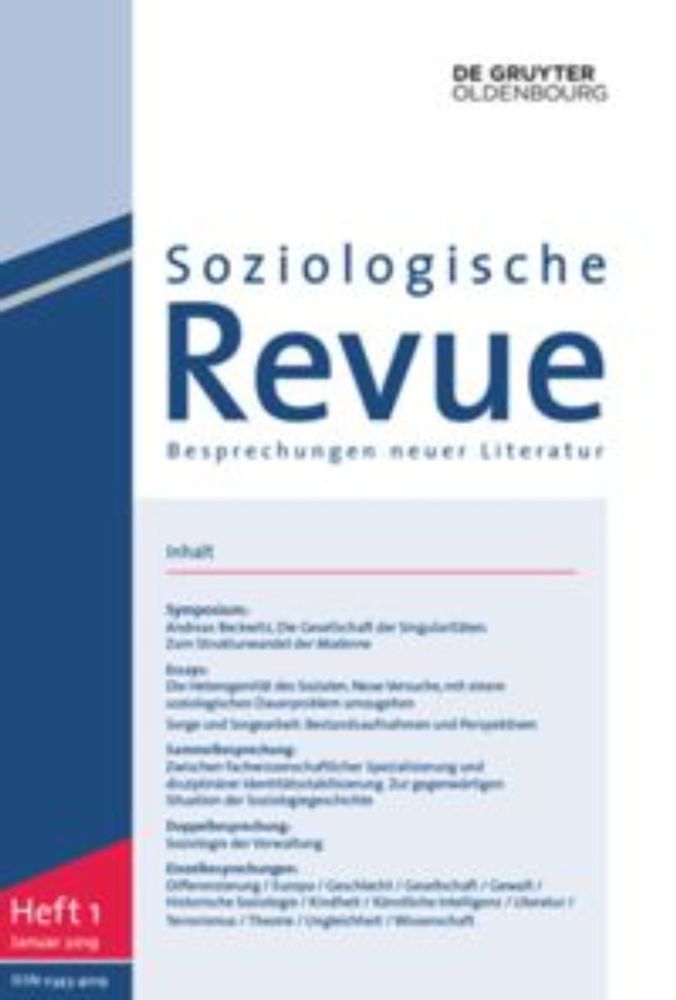
„Nur wer sich ändert, bleibt sich treu“ oder was hat der Titel eines Liedes von Wolf Biermann mit der Ehe in Deutschland zu tun?
Article „Nur wer sich ändert, bleibt sich treu“ oder was hat der Titel eines Liedes von Wolf Biermann mit der Ehe in Deutschland zu tun? was published on February 1, 2024 in the journal Soziologische ...
www.degruyter.com
Reposted by Anne-Kristin Kuhnt
Reposted by Anne-Kristin Kuhnt
Julia Böcker
@flamboyanti.bsky.social
· Mar 15

